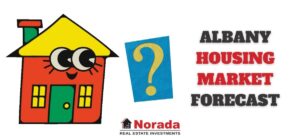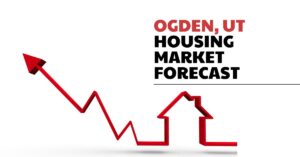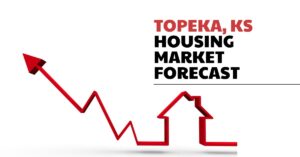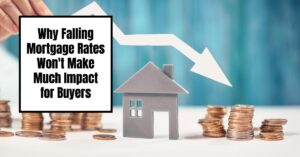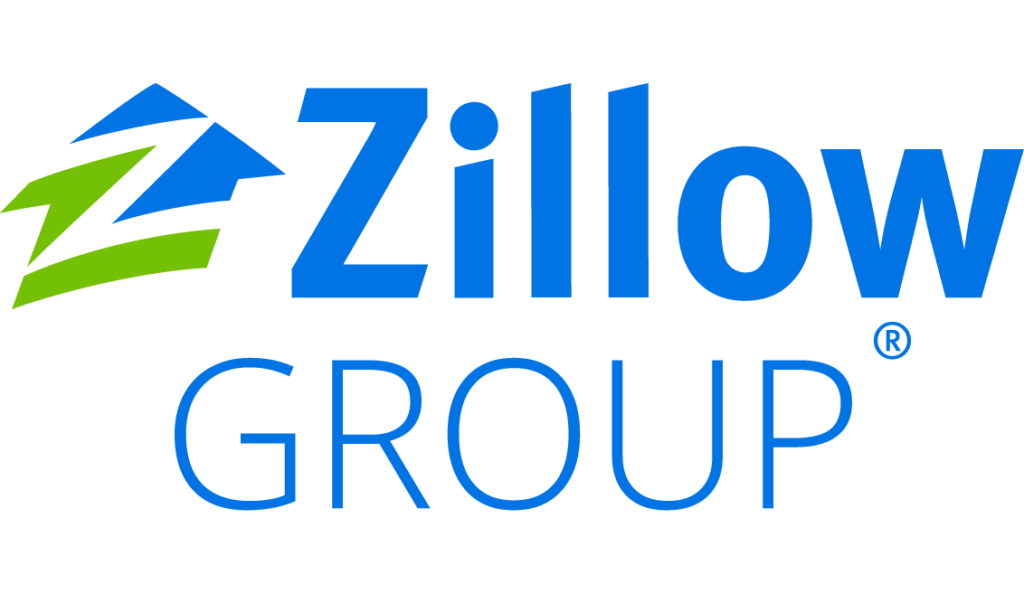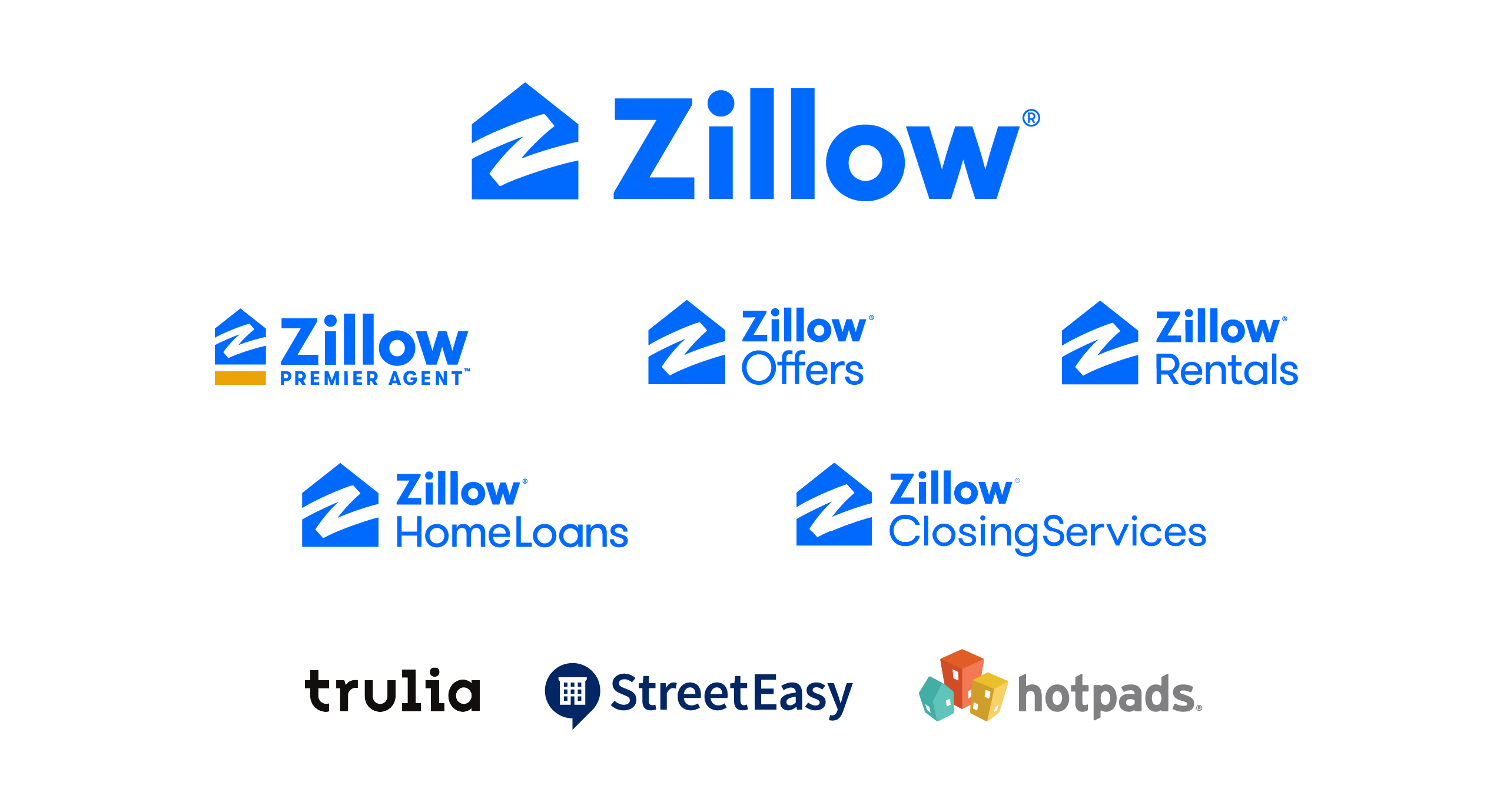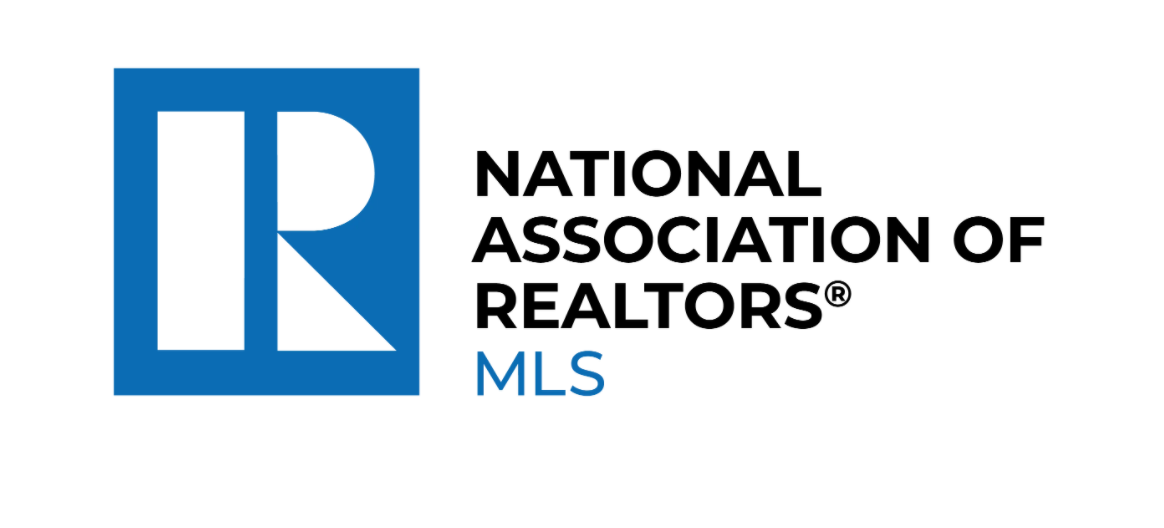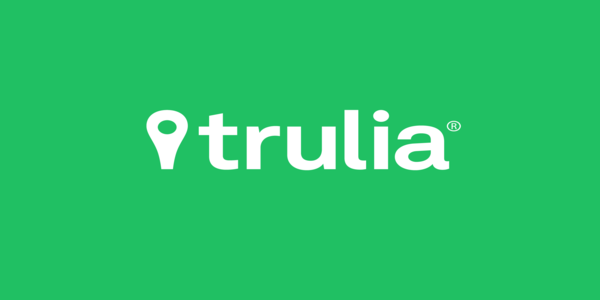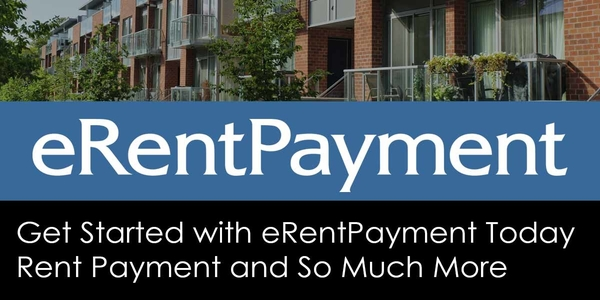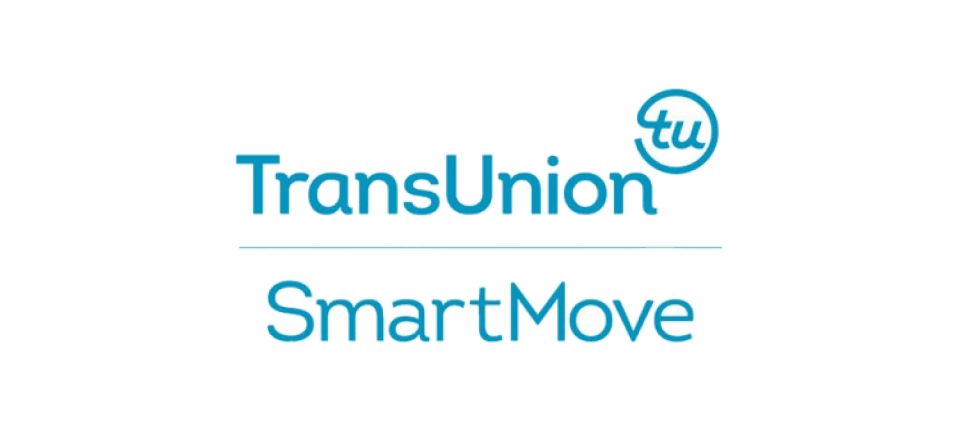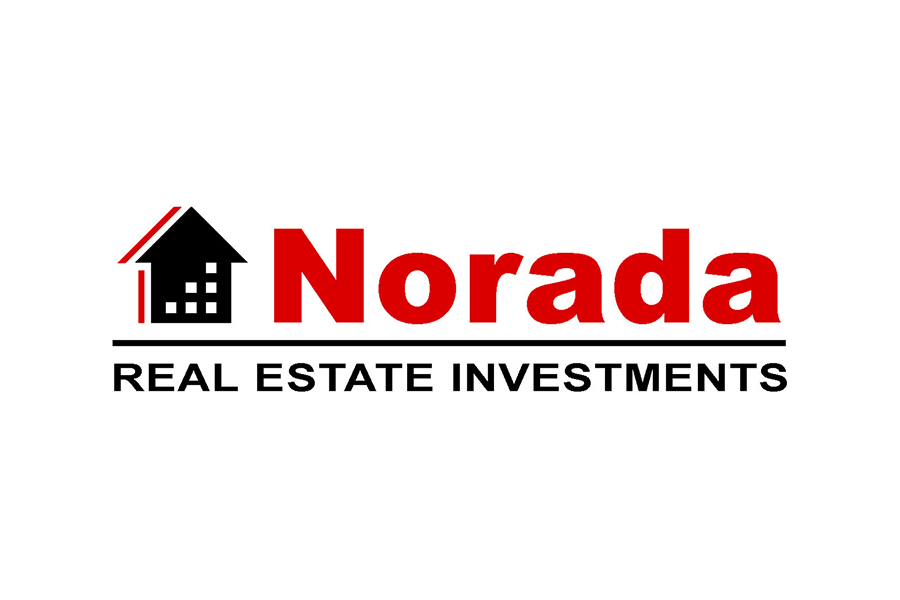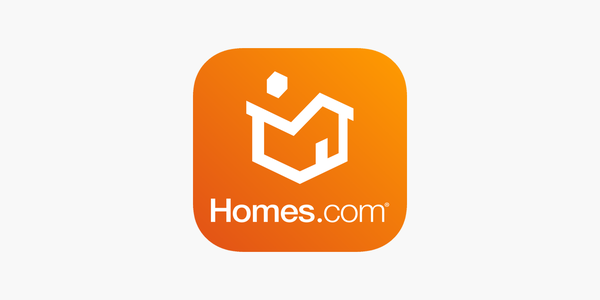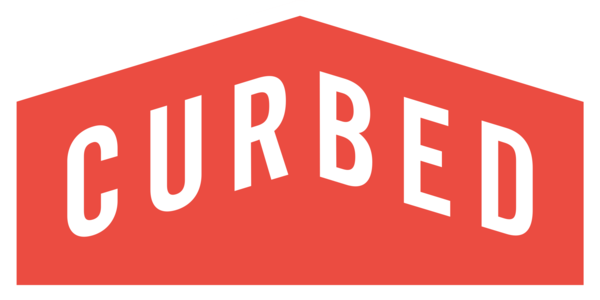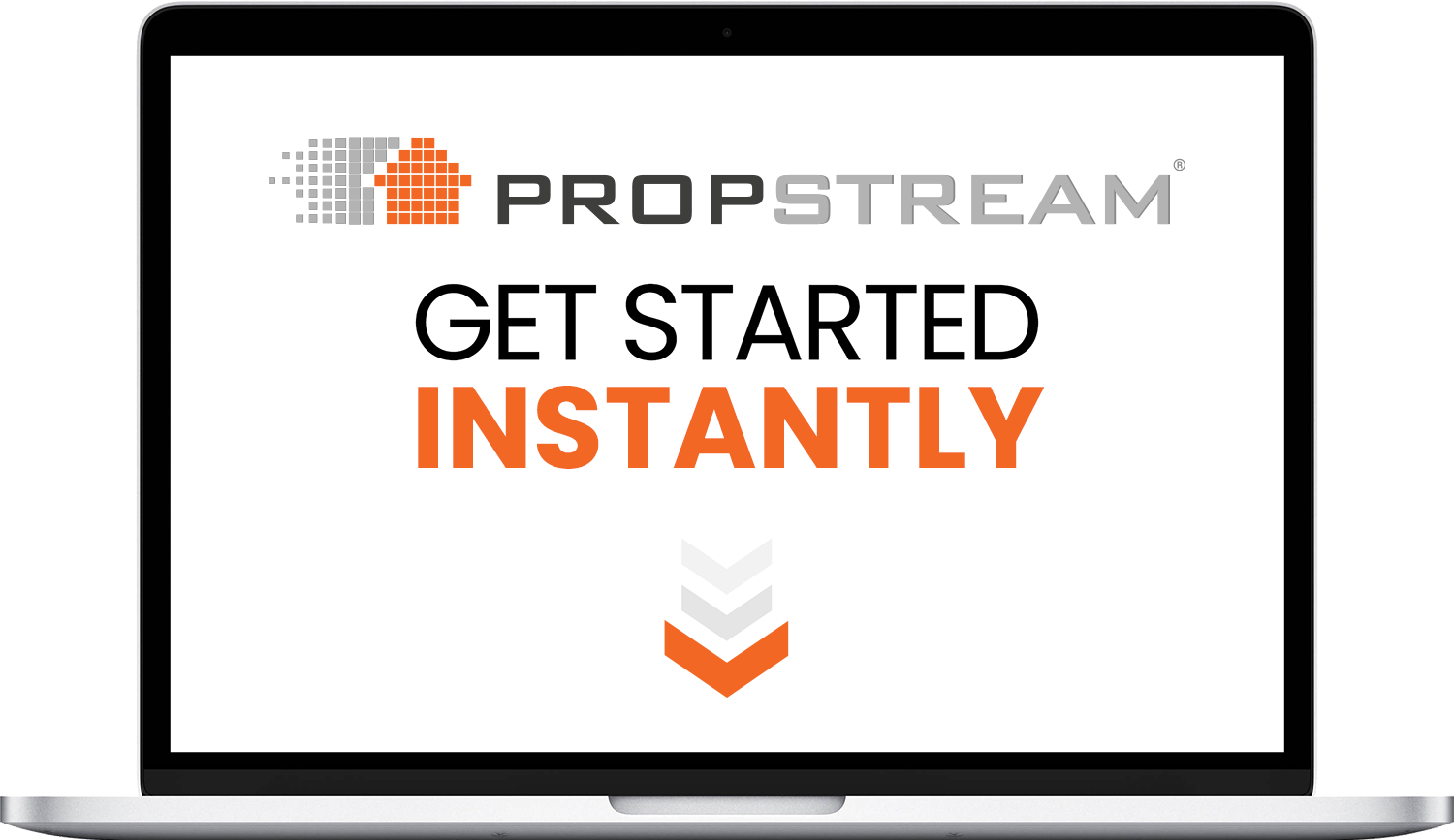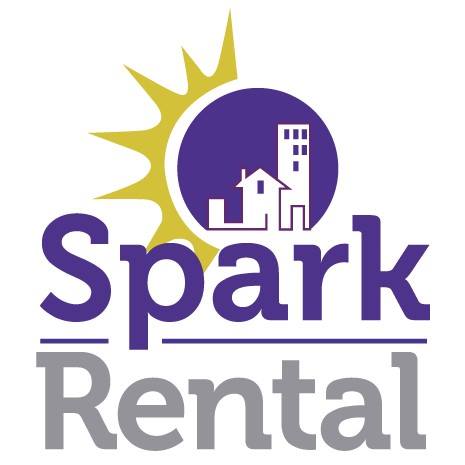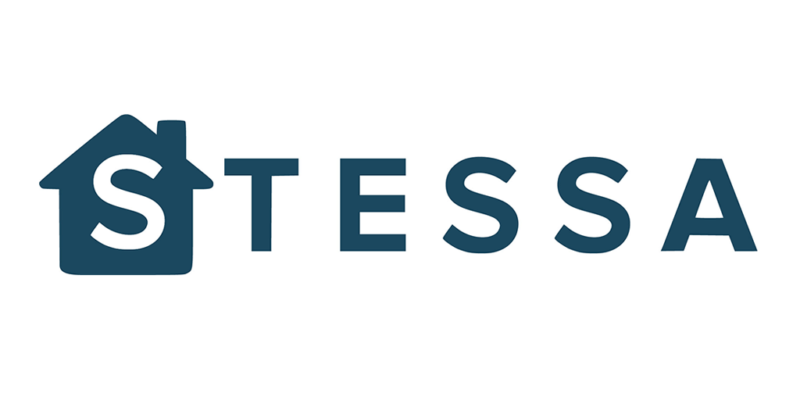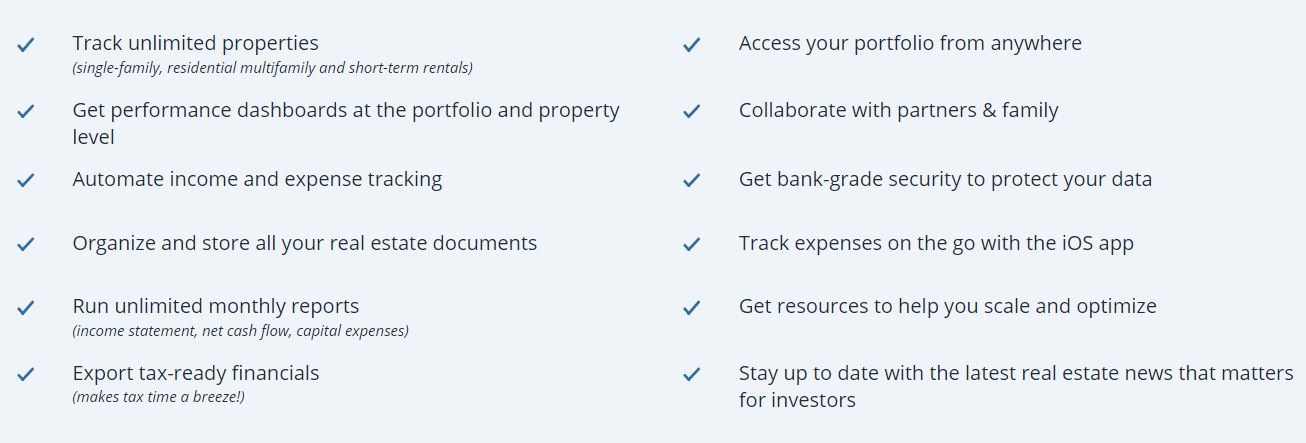So, you're wondering what's happening with the current Albany housing market? Well, here's the short answer: The Albany housing market is seeing increased activity and rising prices in early 2025. We're seeing more homes being listed and sold, and median prices are up compared to last year. But don't go anywhere! There's much more to the story than that. Let's dive deep into the numbers and what they mean for you, whether you're a buyer, seller, or just curious about the market.
Current Albany Housing Market Trends: What You Need to Know in 2025
Home Sales
One of the biggest indicators of a healthy market is the number of homes being sold. Looking at the most recent data from the Greater Capital Association of Realtors (GCAR), we can see some interesting trends.
- In Albany County, closed sales for January 2025 were at 172 units, compared to 166 in January 2024. That's a 3.6% increase.
- Within the City of Albany itself, the story is even more compelling. Closed sales jumped from 43 in January 2024 to 50 in January 2025, representing a significant 16.3% rise.
What does this mean? It suggests that buyer demand remains strong in the Albany area. People are actively buying homes, contributing to a more active market.
Home Prices
Of course, everyone wants to know about prices! Are they going up, down, or staying the same? Here's what the data tells us:
- The median sales price in Albany County increased from $285,456 in January 2024 to $320,000 in January 2025. That's a jump of 12.1%.
- The median sales price in the City of Albany also saw a significant rise, going from $245,000 in January 2024 to $272,450 in January 2025, an 11.2% increase.
These numbers show that home values in Albany are appreciating. Sellers are likely getting more for their properties than they would have a year ago.
Are Home Prices Dropping?
Based on the latest data, home prices in the Albany area are not dropping. In fact, they are trending upwards. While real estate is cyclical and prone to change, at this snapshot in time, the data suggests price increases year-over-year.
Comparison with Current National Median Price
It's always useful to compare local prices with national trends. As of January 2025, the national median home price is $396,900, with a year-over-year change of +4.8%.
The Albany County median sales price of $320,000 is lower than the national median. This could make Albany an attractive option for buyers who are priced out of more expensive markets. However, the 12.1% year-over-year increase in Albany County is significantly higher than the national increase of 4.8%, indicating a faster-growing market.
Housing Supply
The number of homes available for sale, also known as housing supply, is a critical factor in determining whether it's a buyer's or seller's market.
- In Albany County, the inventory of homes for sale decreased from 232 in January 2024 to 195 in January 2025, a 15.9% drop.
- Similarly, the months supply of inventory (how long it would take to sell all available homes at the current sales rate) decreased from 1.2 months to 1.0 month, a 19.3% decrease.
- In the City of Albany, the inventory of homes for sale decreased slightly from 57 in January 2024 to 54 in January 2025, a 5.3% decrease.
- The months supply of inventory remained the same at 1.2 months for both January 2024 and January 2025 in the City of Albany.
Is Albany a Buyer's or Seller's Housing Market?
With inventory levels low, and prices on the rise, Albany is currently leaning towards a seller's market. In a seller's market, there are more buyers than available homes, giving sellers more leverage in negotiations. However, the real estate market can change over time. It is always important to check the latest data to make an informed decision.
Market Trends
Here's a quick recap of the key trends we're seeing in the Albany housing market:
- Increasing home sales: More people are buying homes in Albany.
- Rising median prices: Home values are going up.
- Decreasing inventory: There are fewer homes available for sale.
- Seller's market: Sellers have the upper hand due to limited inventory and high demand.
Impact of High Mortgage Rates
Mortgage rates play a huge role in the housing market. Higher rates can make it more expensive to buy a home, potentially cooling down demand.
As of mid-March 2025, the average 30-year fixed mortgage rate is around 6.65%, and the 15-year fixed mortgage rate is about 5.8%, according to Freddie Mac. Most experts predict rates will stay around this level for the foreseeable future.
Here’s a simple table to summarize the data:
| Mortgage Type | Average Rate (Mid-March 2025) |
|---|---|
| 30-Year Fixed | 6.65% |
| 15-Year Fixed | 5.8% |
While these rates are higher than what we saw a few years ago, they haven't completely stalled the Albany market. People are still buying homes, but they might be more cautious and price-sensitive.
Having followed the Albany housing market for years, I've seen it go through various cycles. The current trends indicate a resilient market, especially compared to some other areas of the country. The desirability of Albany, with its access to jobs, education, and culture, continues to drive demand.
However, I would caution both buyers and sellers to be realistic. Buyers need to be prepared for potential bidding wars and higher prices, while sellers shouldn't get too greedy and price their homes out of the market.
Albany Housing Market Forecast (2025-2026)
Experts at Zillow predict a steady, but modest, increase in Albany home values over the next year. Their latest Albany Housing Market Forecast suggests home prices will continue to rise, albeit at a slower pace than we've seen in recent years. Let's dive into the details.
What the Numbers Say: Albany Home Price Predictions
As someone who's been watching the Albany market for a while, I can tell you it's always important to look at credible data when making real estate decisions. According to Zillow's most recent data (as of January 31, 2025), here's what we can expect for the Albany, NY metro area:
- February 2025: A predicted increase of 0.3%.
- April 2025: A projected rise of 0.7%.
- One-Year Forecast (January 2025 to January 2026): An anticipated growth of 1.1%.
Essentially, these numbers suggest a consistent, albeit slow, upward trend. While we're not seeing the dramatic price surges of the past, we're also not facing a market crash. This is a positive sign for homeowners and could present opportunities for buyers.
Albany vs. the Rest of New York: How Does It Compare?
To get a better sense of where Albany stands, let's compare its forecast with other major metro areas across New York State:
| Region | February 2025 Forecast | April 2025 Forecast | One-Year Forecast (Jan 2025 – Jan 2026) |
|---|---|---|---|
| Albany, NY | 0.3% | 0.7% | 1.1% |
| New York, NY | 0.1% | 0.3% | -0.2% |
| Buffalo, NY | 0.3% | 0.9% | 2.4% |
| Rochester, NY | 0.4% | 1.7% | 4.4% |
| Syracuse, NY | 0.5% | 1.8% | 4.5% |
| Utica, NY | 0.5% | 1.2% | 2.7% |
| Binghamton, NY | 0.3% | 1.1% | 2.6% |
| Kingston, NY | 0.2% | 1.3% | 4.7% |
As you can see, the Albany housing market is generally in line with other upstate cities like Buffalo and Binghamton, with slightly more conservative growth projections than Syracuse, Rochester, and Kingston. NYC, on the other hand, is projected to decline slightly.
Will Albany Home Prices Drop? Could There Be a Housing Crash?
Based on the available data, a significant drop in Albany home prices seems unlikely in the near future. While the market may not be experiencing explosive growth, the forecasts point towards a steady, gradual increase. This is not to say that market corrections can't happen, but a crash seems improbable given current economic conditions and the underlying demand for housing in the area.
Looking Ahead: Potential Albany Housing Market Forecast for 2026
Predicting beyond a year is always a bit of a guessing game, but based on the trends we're seeing now, I would expect the Albany housing market to continue its slow and steady climb into 2026. Factors like interest rates, economic growth, and population changes will all play a role. However, I believe a modest increase is the most likely scenario. My estimate is, growth could be somewhere between 1% and 3% assuming no major economic disruptions.
What This Means for You
- For Buyers: Don't wait for a crash that likely won't happen. While prices may not be skyrocketing, they're also not expected to plummet. Get pre-approved, find a good agent, and be prepared to make a competitive offer.
- For Sellers: It's still a good time to sell! Properly prepare your home for sale, price it competitively, and work with an experienced agent to maximize your return.
The Albany housing market is nuanced, and it is advisable to take professional advice. By staying informed and working with experienced real estate professionals, both buyers and sellers can navigate the market with confidence.
Is Albany, NY a Good Place For Real Estate Investment?
Considering real estate investment opportunities? Albany, New York, emerges as a compelling contender on the map. With a rich historical backdrop, a growing economy, and a vibrant community, Albany holds potential for savvy investors seeking to diversify their portfolios.
The Economic Landscape
Albany boasts a robust and diverse economy, driven by sectors such as government, education, healthcare, and technology. The presence of prominent institutions like the State University of New York (SUNY) and various government offices contributes to a stable employment environment. This steady job market can create a consistent demand for rental properties, making it an attractive prospect for real estate investors.
Real Estate Market Trends
As of the latest data, Albany's housing market has showcased positive trends. The median home value has experienced a +11.2% increase over the past year, reflecting a healthy appreciation. Additionally, the relatively short median days to pending sales indicate a competitive market, which can be advantageous for sellers.
Furthermore, the projected changes in the Albany Metropolitan Statistical Area (MSA) housing market demonstrate a positive trajectory. With anticipated growth percentages over specific periods, the market signals potential for property value appreciation, making it an enticing prospect for real estate investors.
Educational and Cultural Hub
Albany's rich cultural scene and educational institutions contribute to its allure. The city offers various museums, theaters, and galleries, catering to diverse interests. Proximity to renowned universities and colleges not only supports a knowledgeable workforce but can also drive demand for housing among students and faculty.
Quality of Life
Albany's quality of life factors also contribute to its investment appeal. The city strikes a balance between urban amenities and a more relaxed pace of life. Its historic charm, access to natural beauty, and family-friendly communities can attract a range of potential tenants, from young professionals to families.
Considerations and Conclusion
While Albany presents an array of promising opportunities, as with any investment, due diligence is key. Analyze local market conditions, stay informed about regulatory changes, and consider working with real estate professionals who are well-versed in the Albany area. Real estate investment success hinges on aligning your investment goals with the local market's dynamics.
In summary, Albany, NY, holds the potential to be a favorable destination for real estate investment. Its diverse economy, positive market trends, educational institutions, and quality of life collectively contribute to its appeal. As with any investment decision, careful research and consultation are vital to make informed choices that align with your financial objectives.
Read More:
- Syracuse Housing Market: Trends and Forecast 2025-2026
- Buffalo Housing Market Prices and Forecast 2025-2026
- Rochester Housing Market: Prices and Forecast 2025-2026
- New York Housing Market: These 3 Cities Are Hottest in the Nation
- NYC Housing Market: Prices, Trends, Forecast 2025-2026
- 5 Predictions That Will Define the NYC Housing Market in 2025
